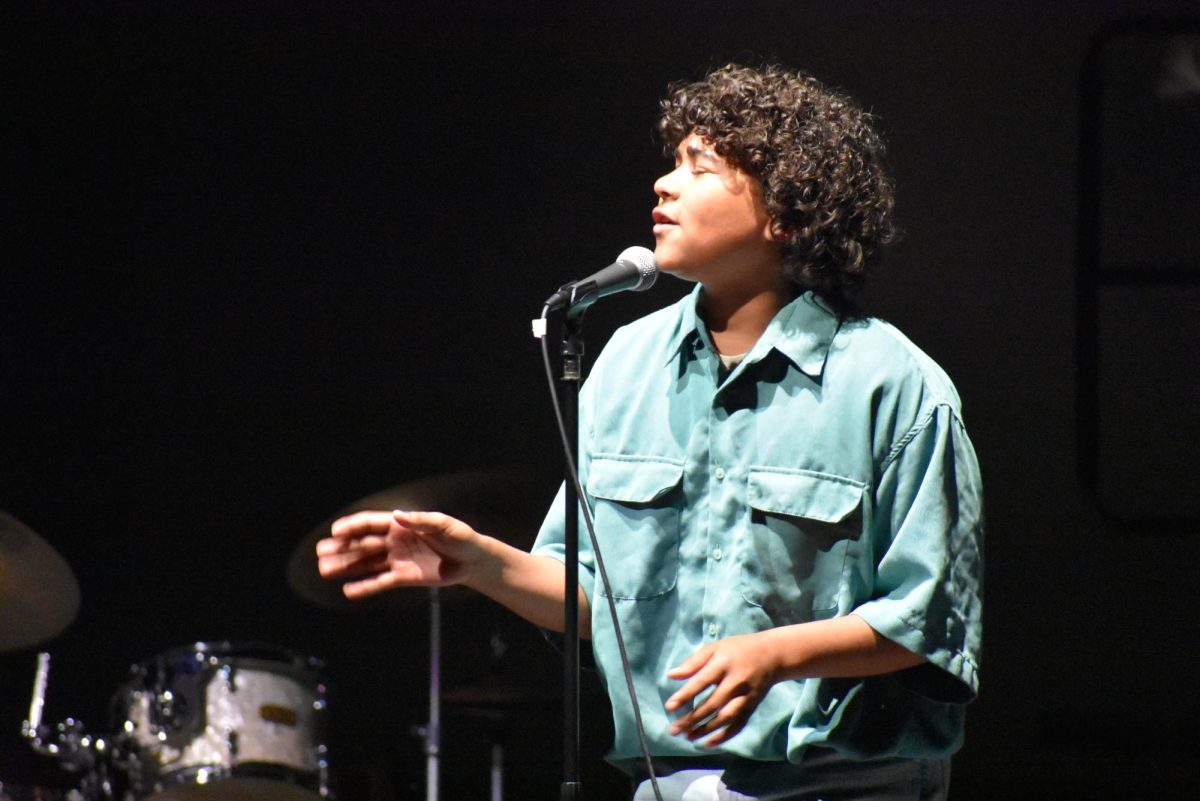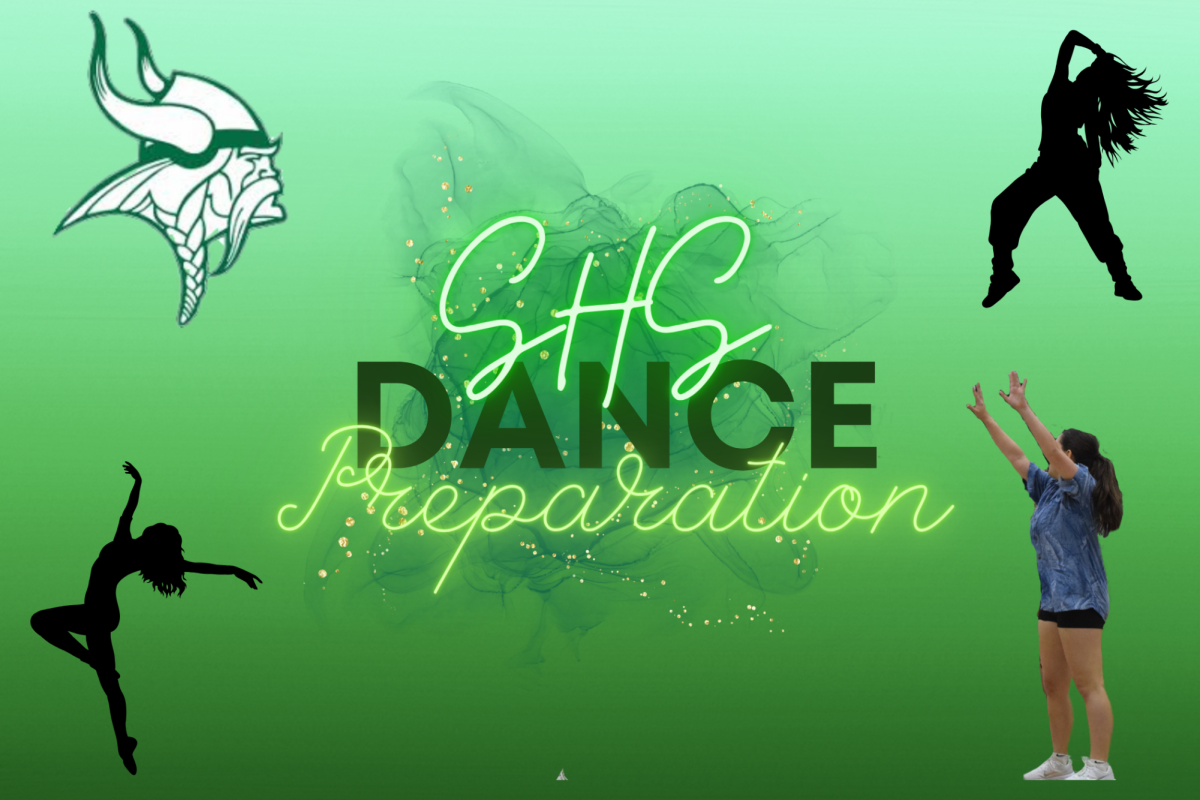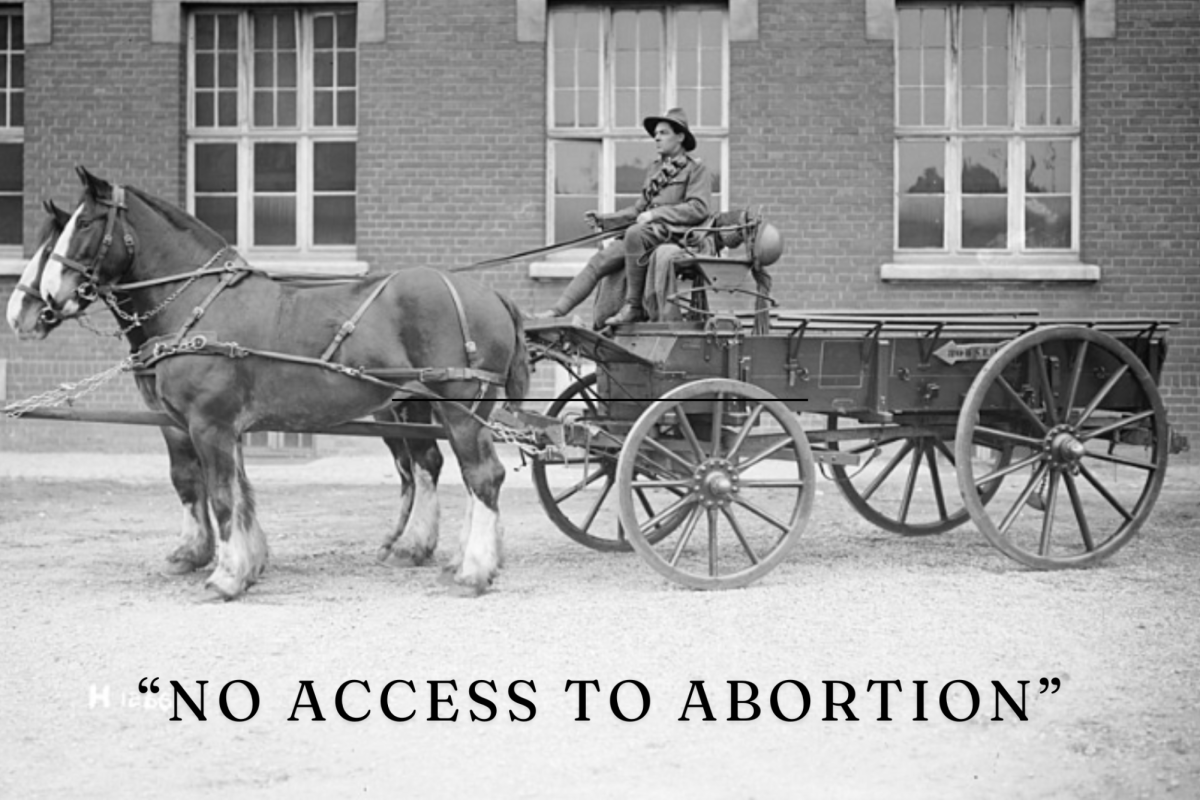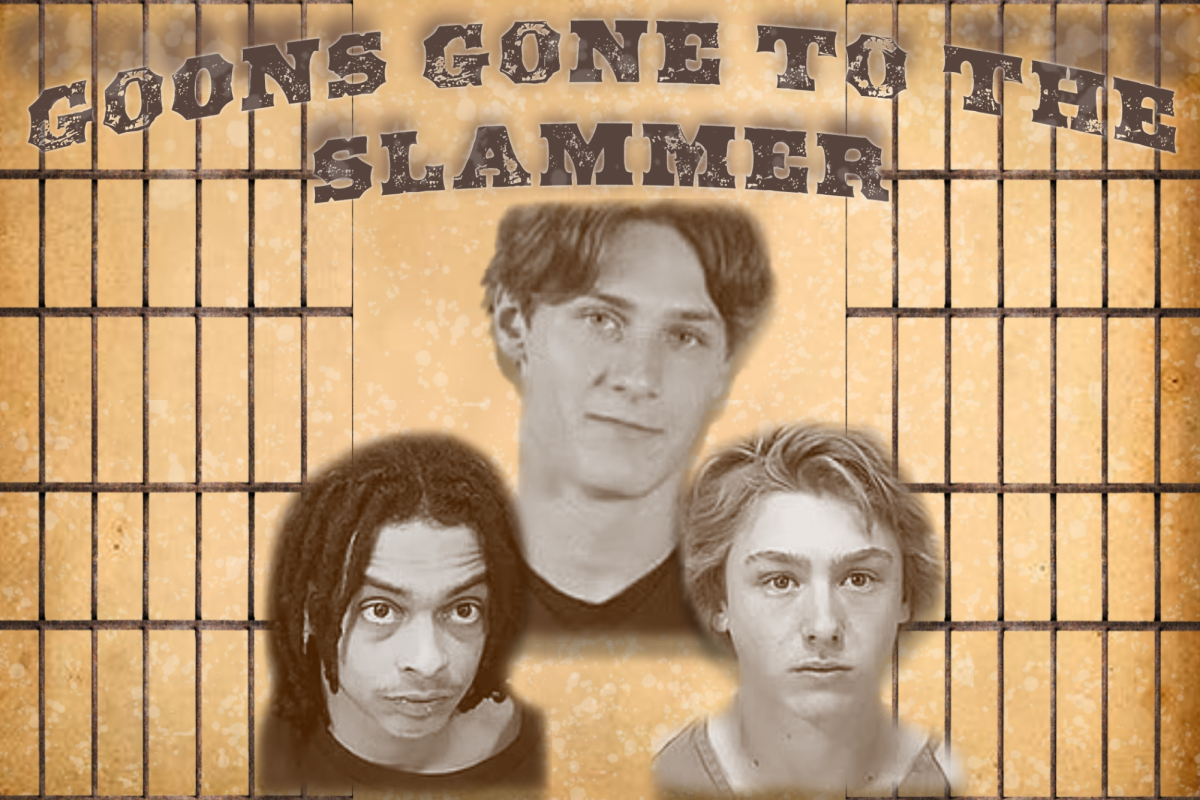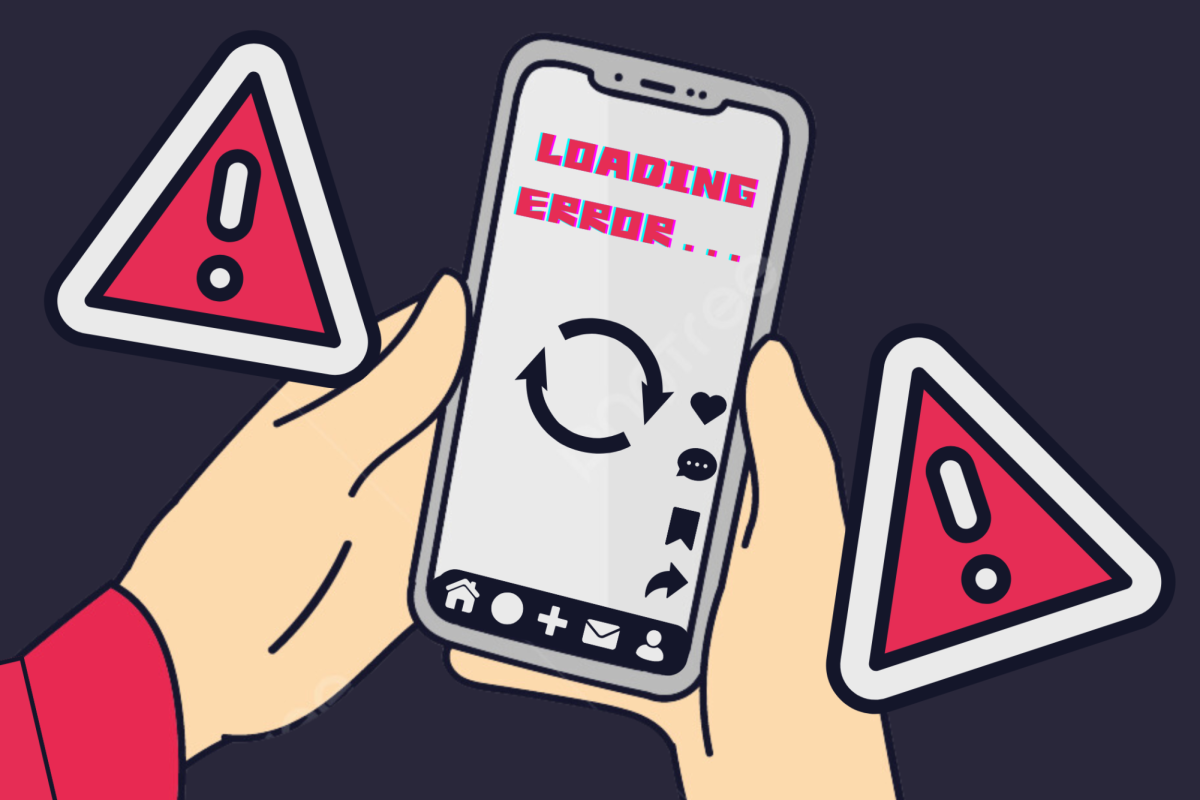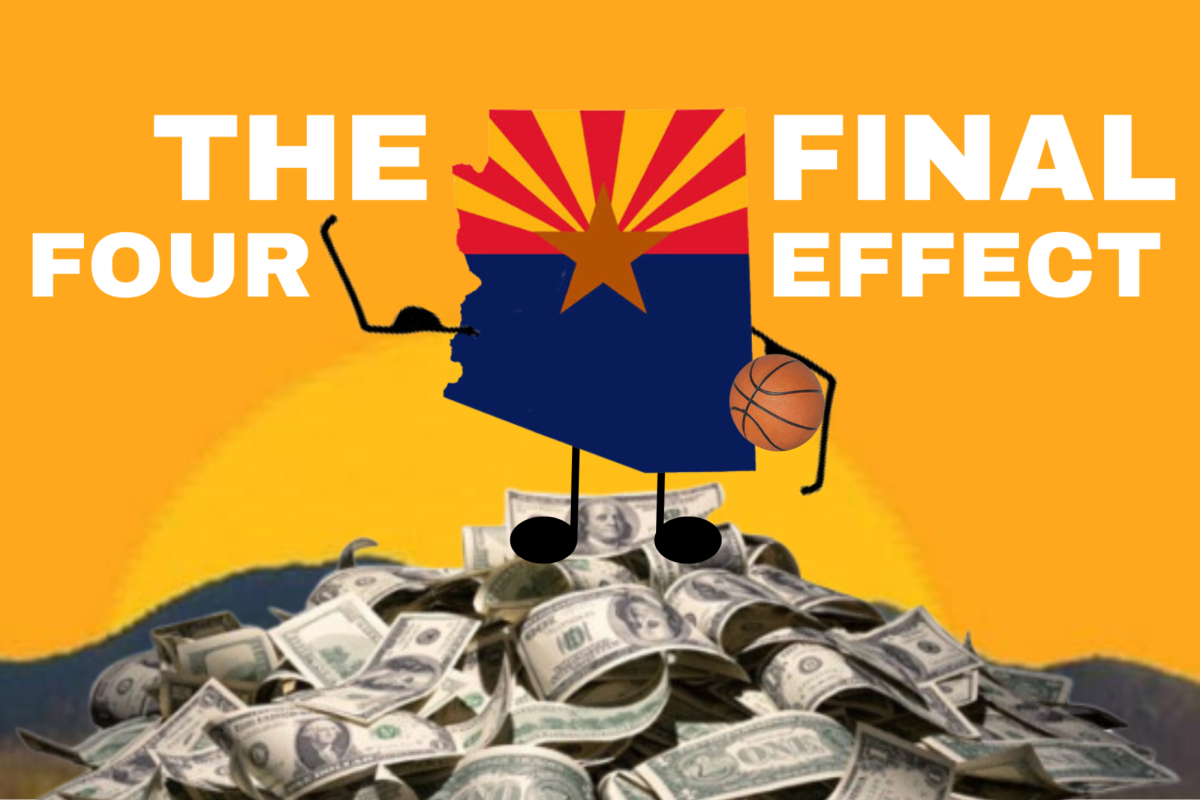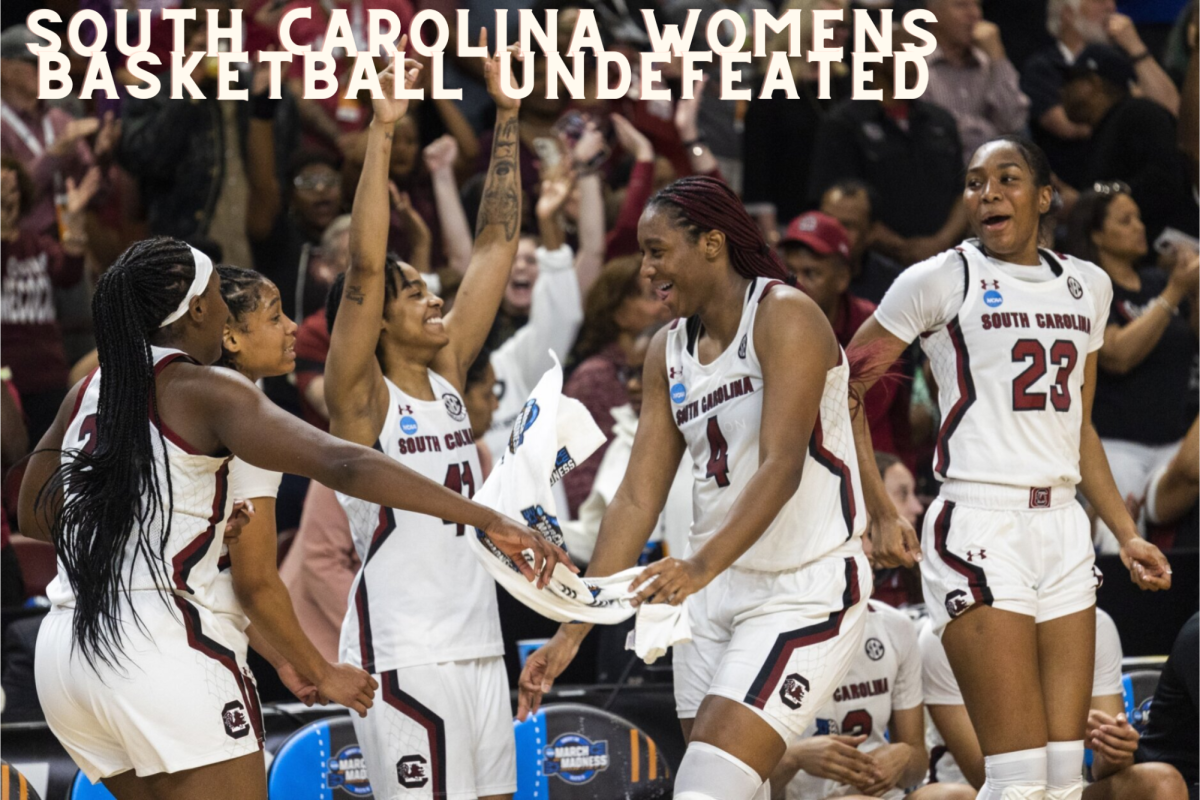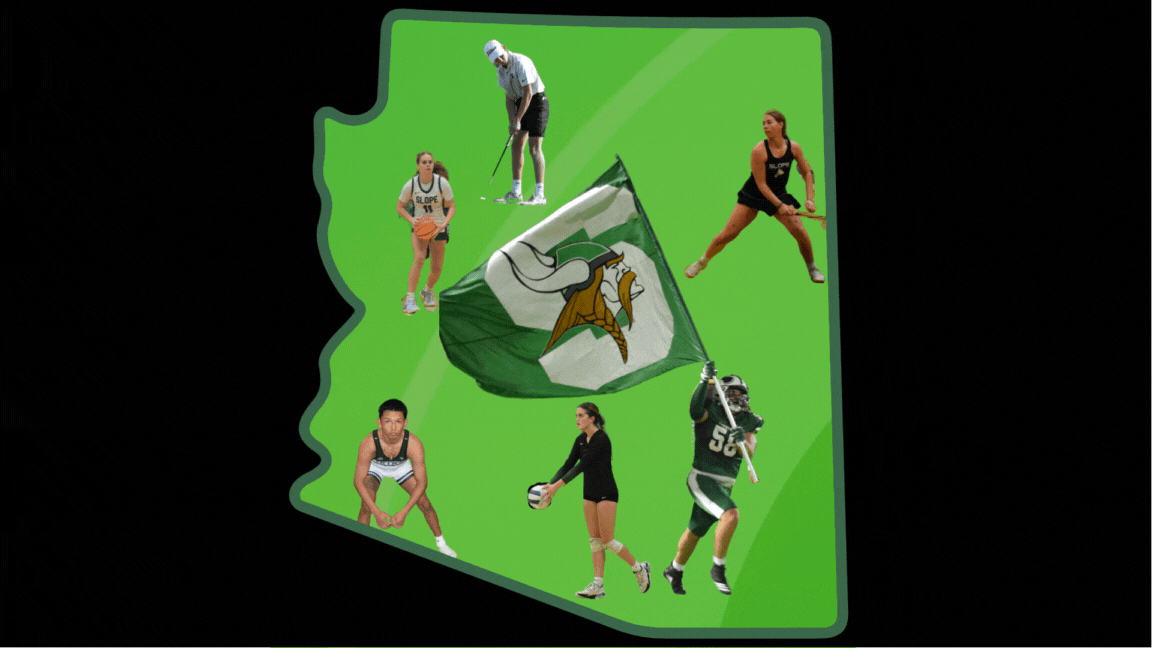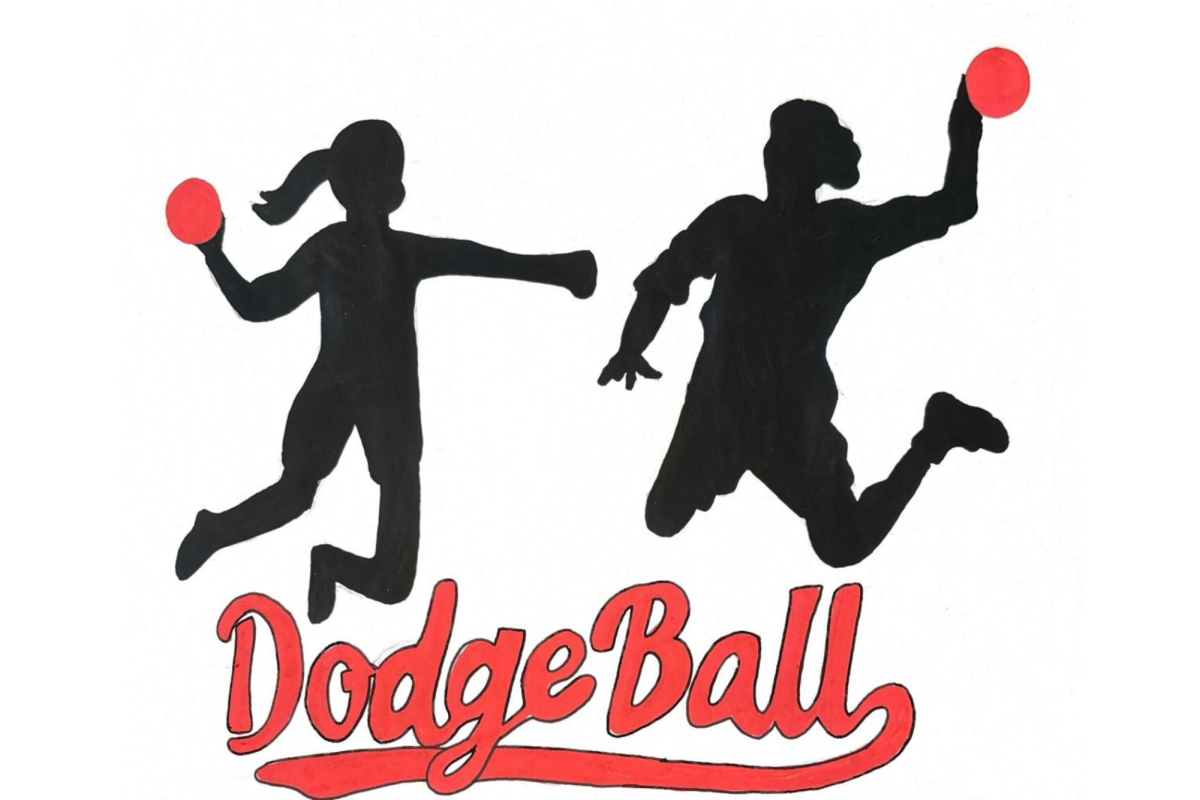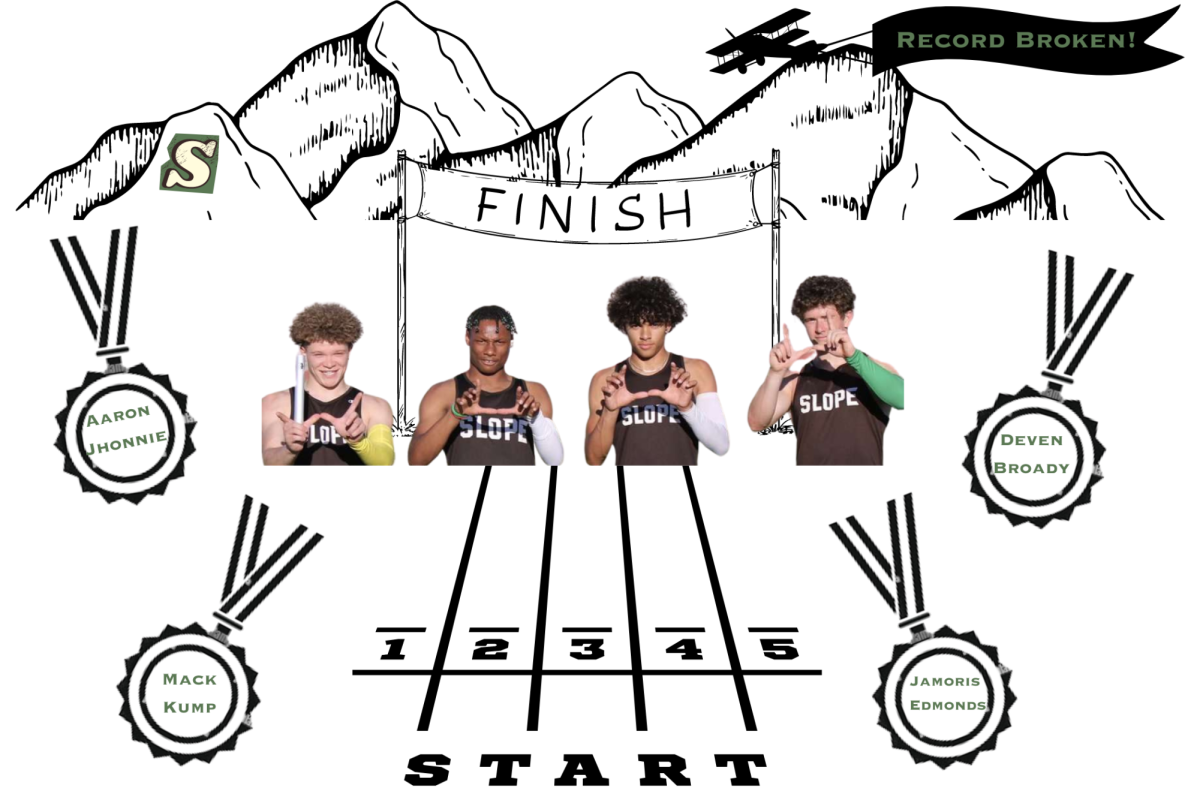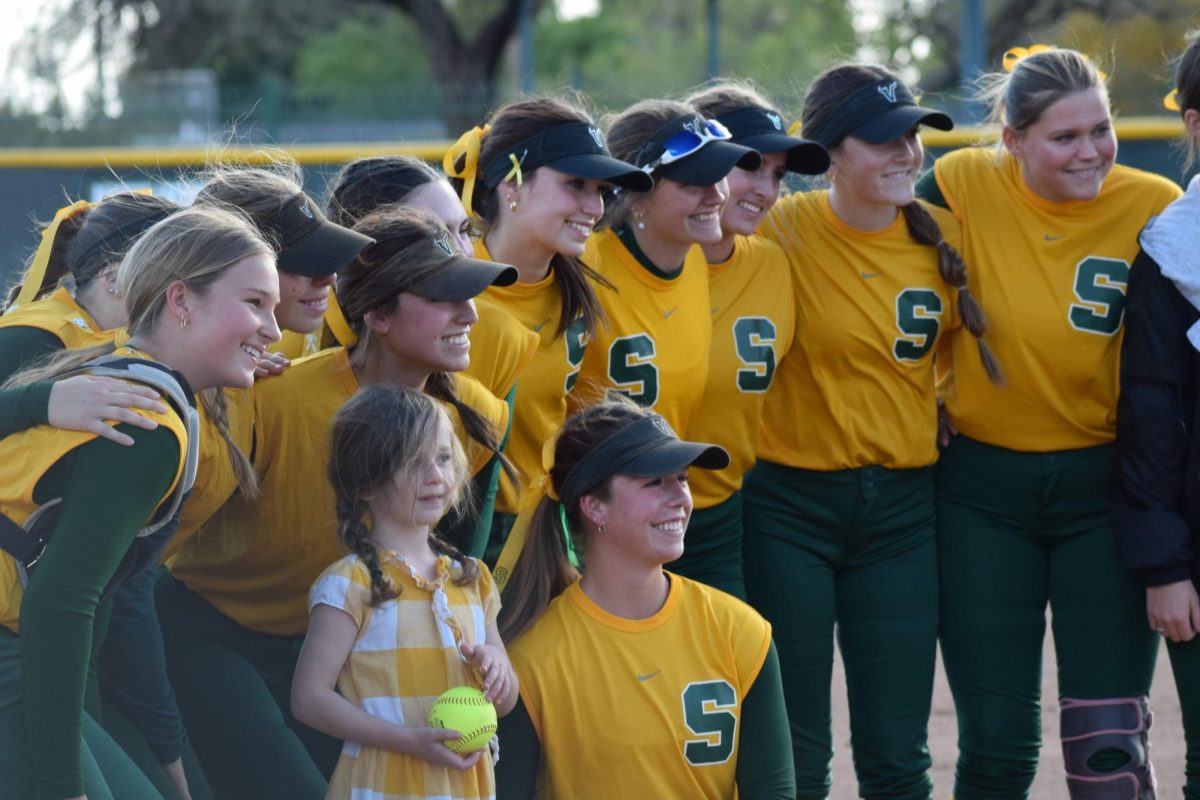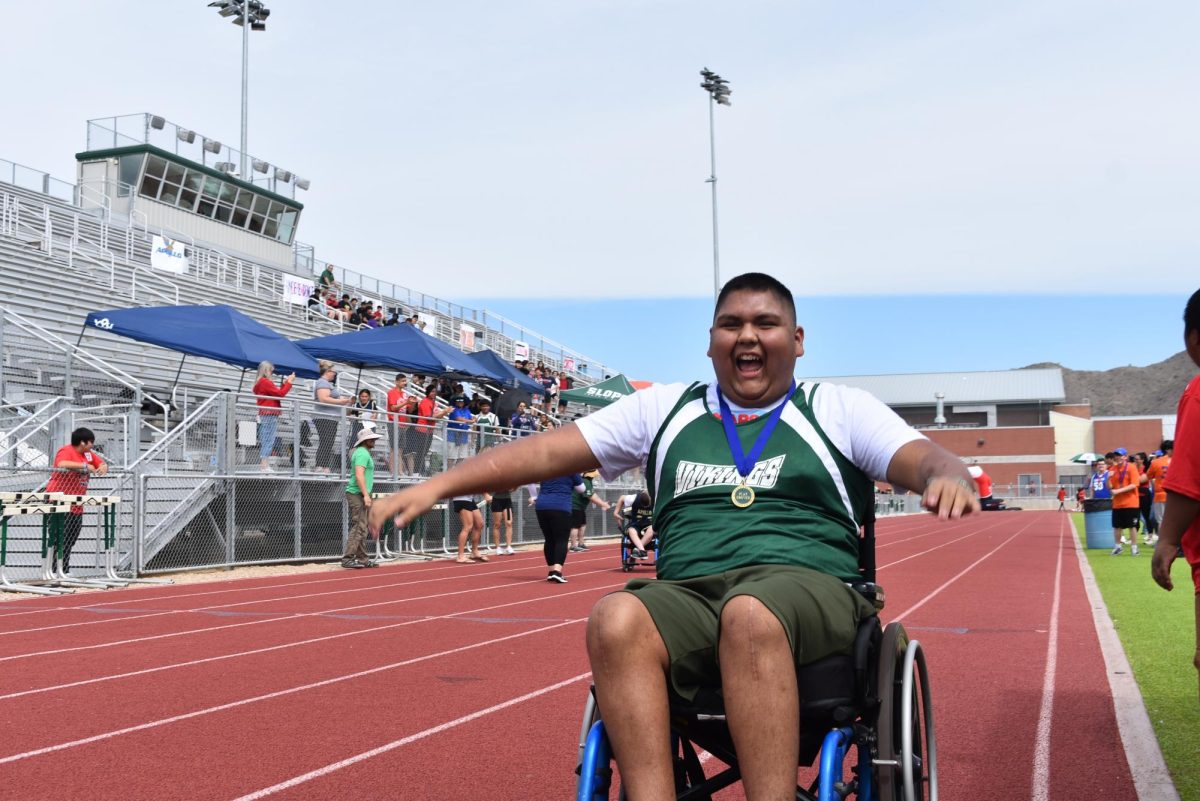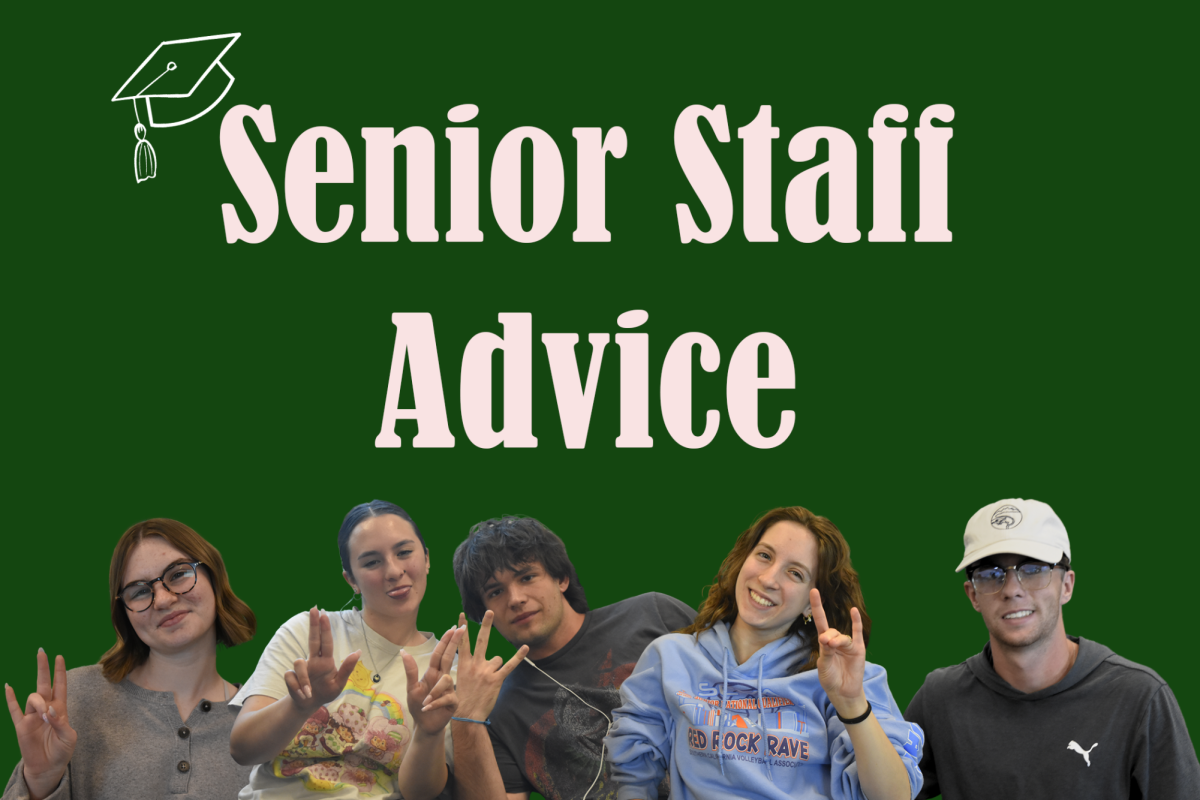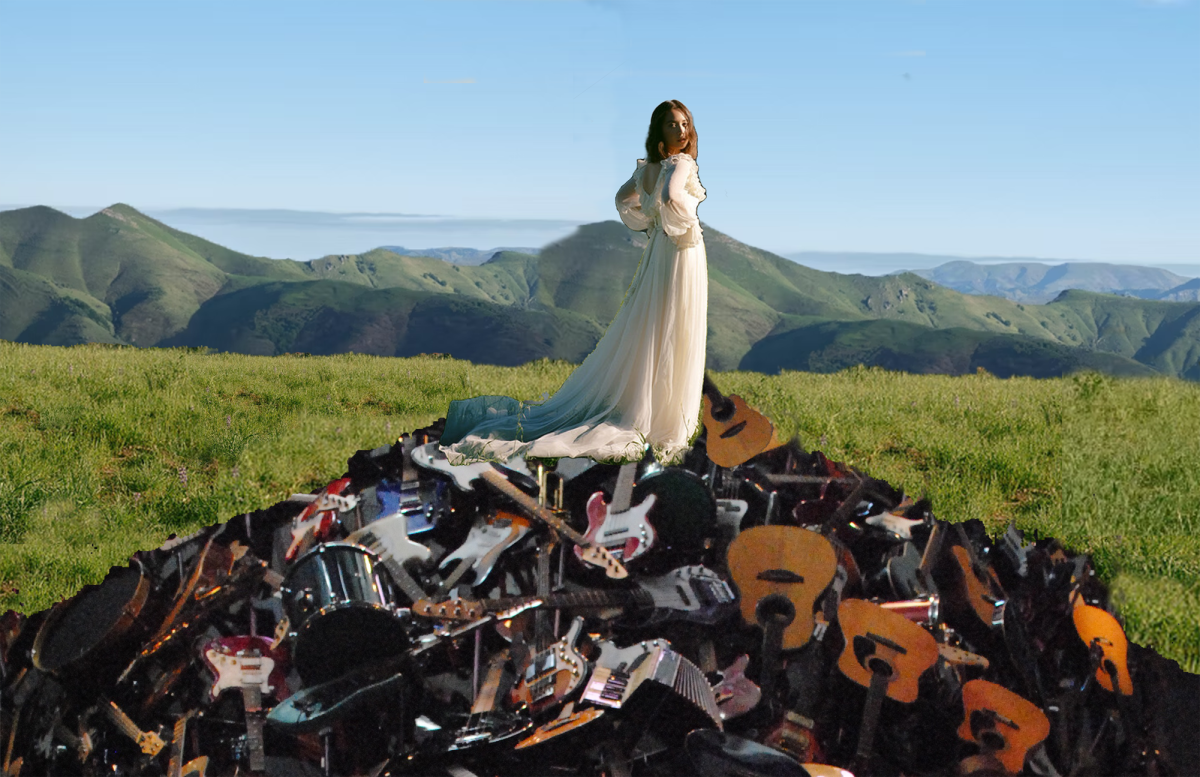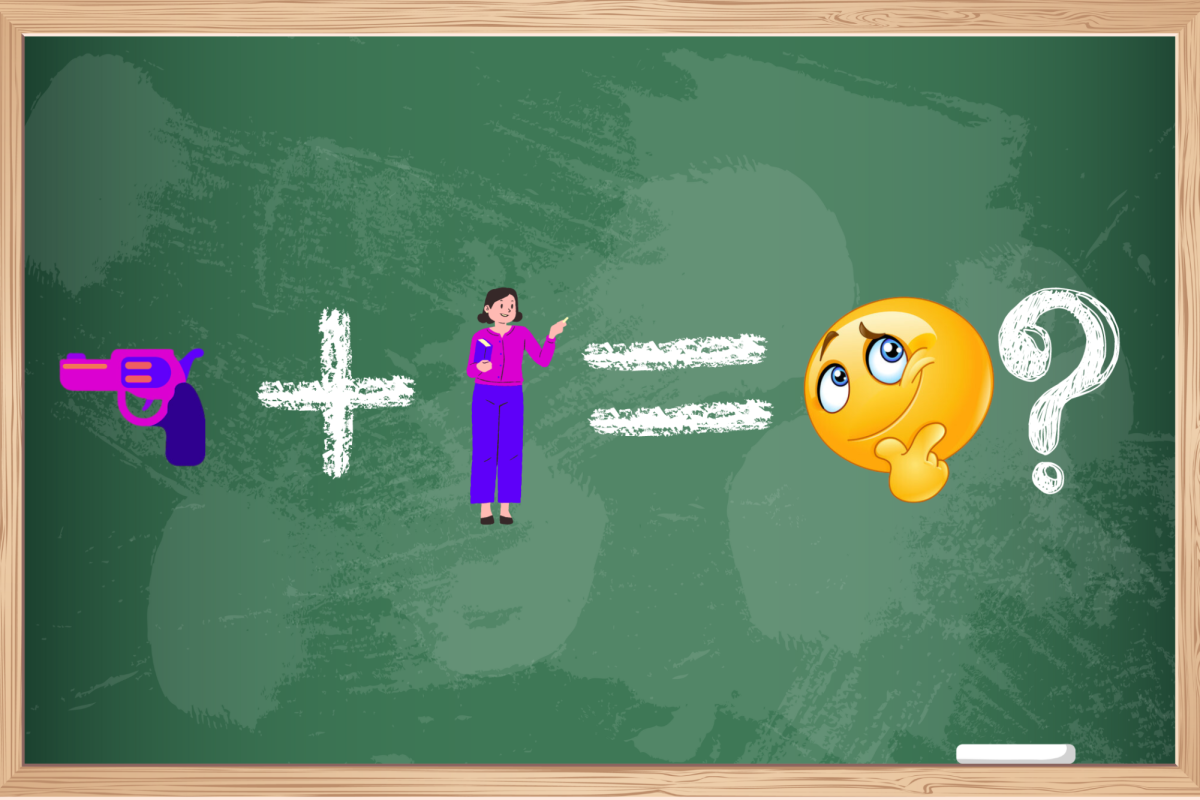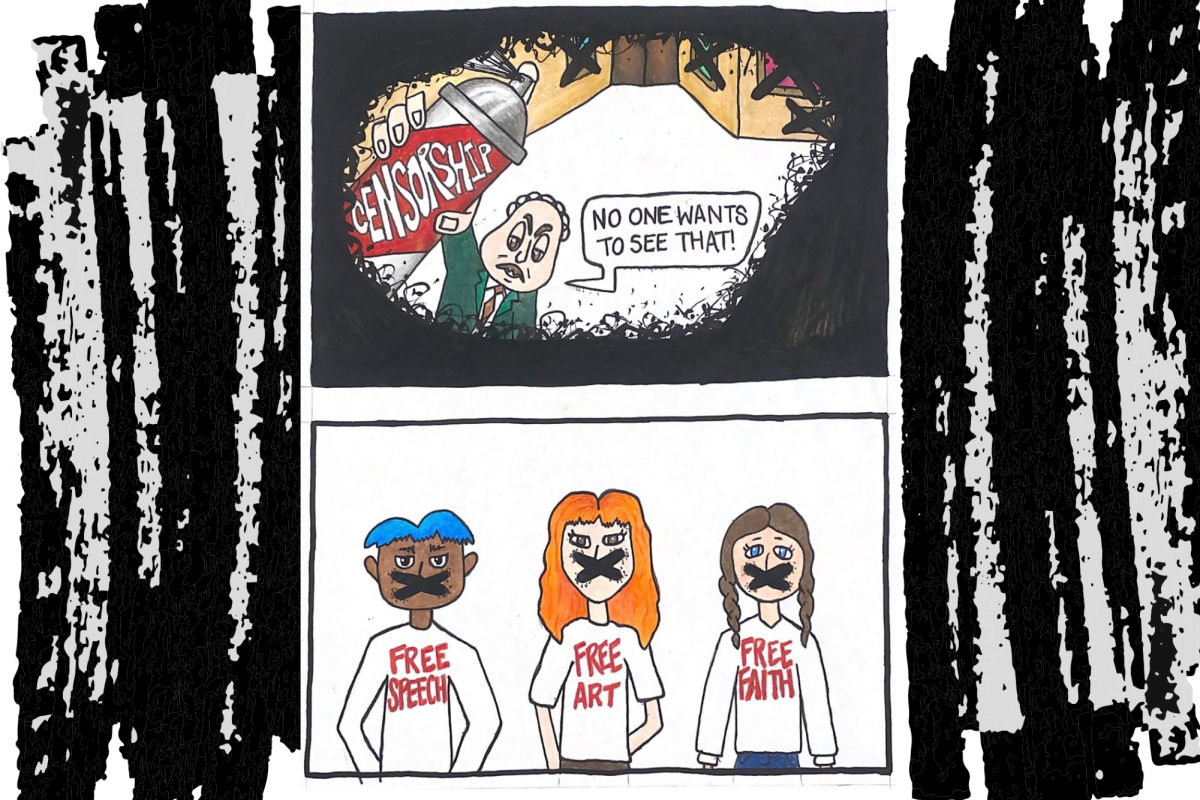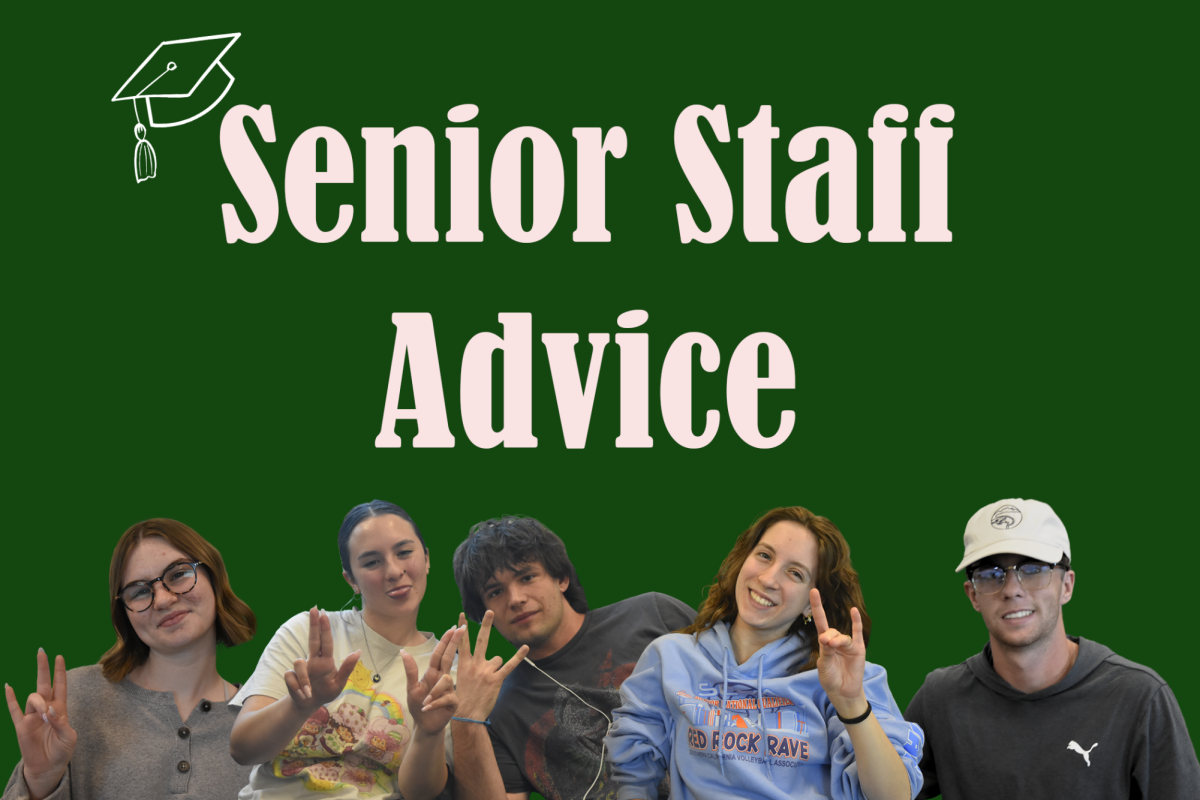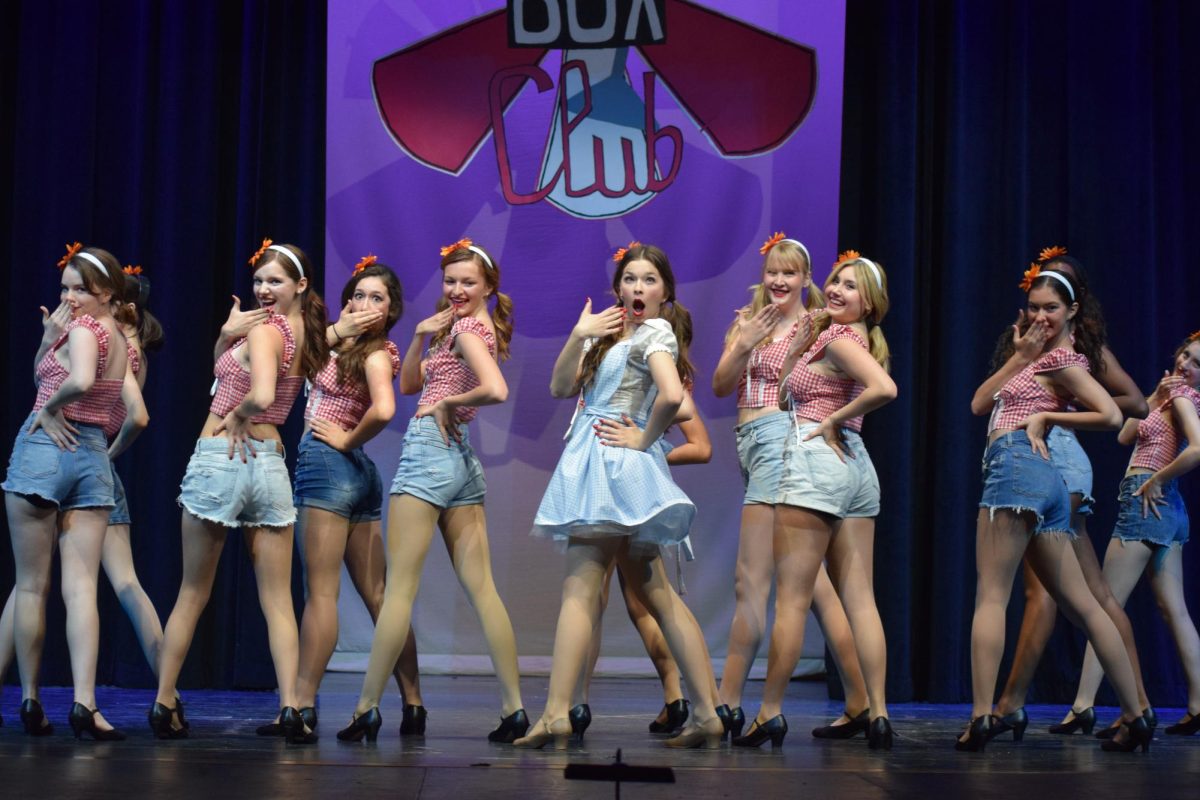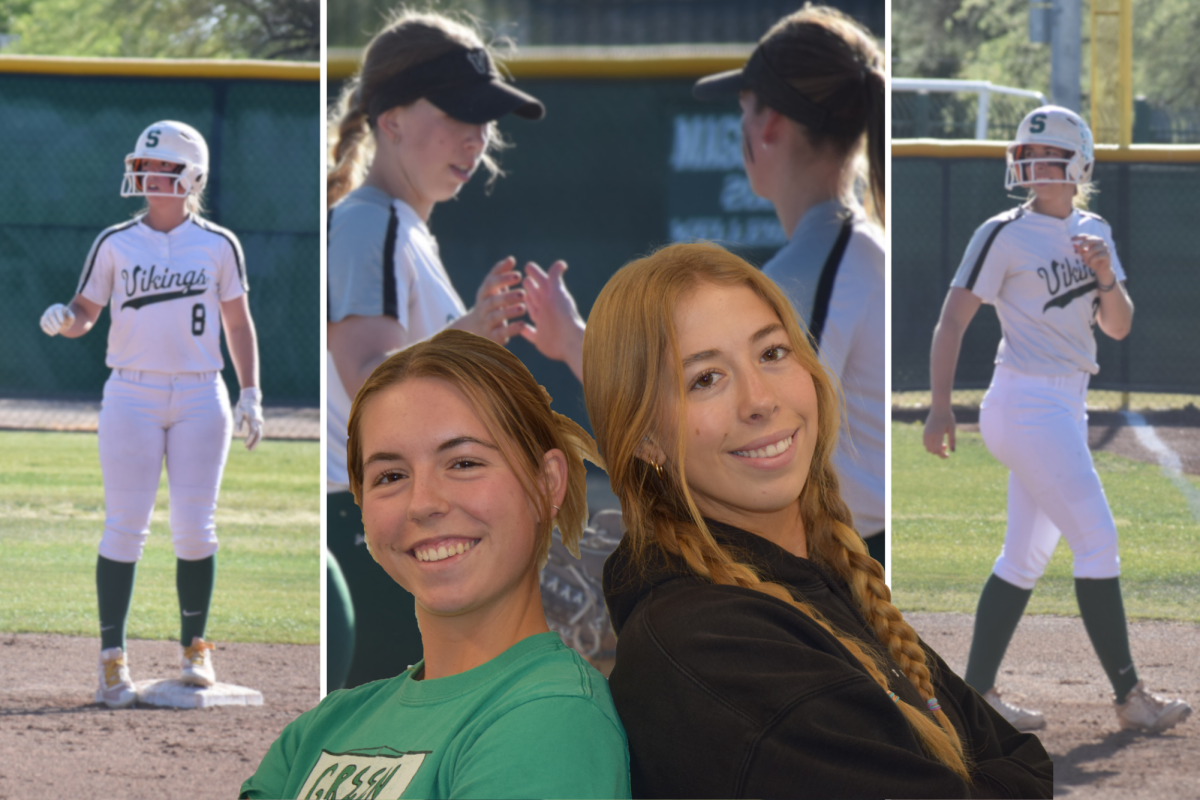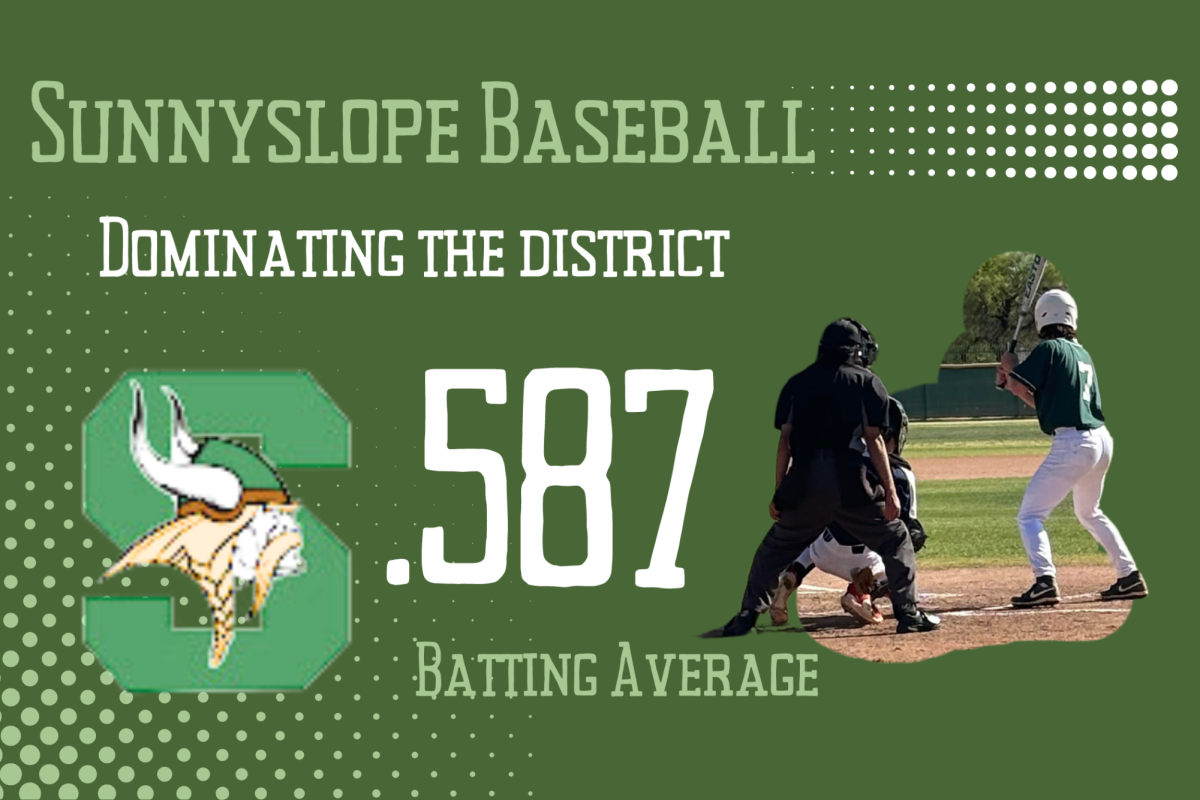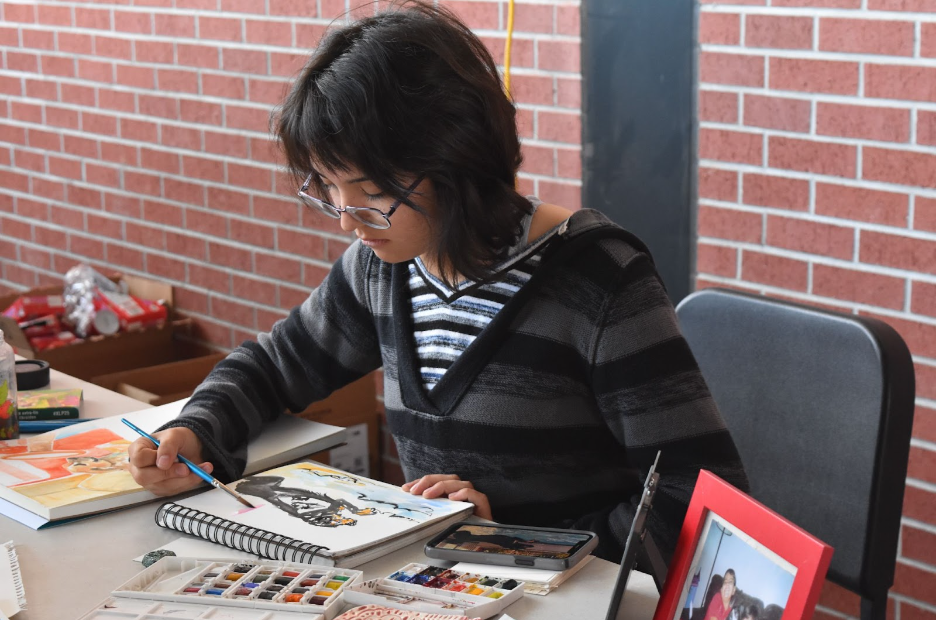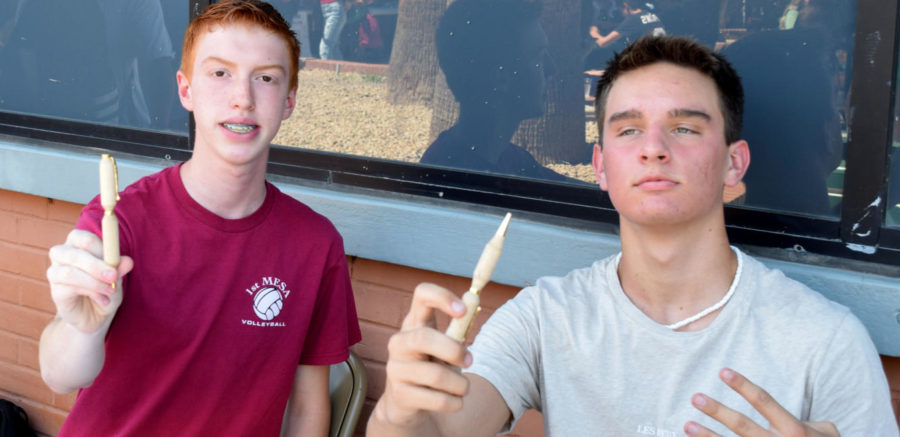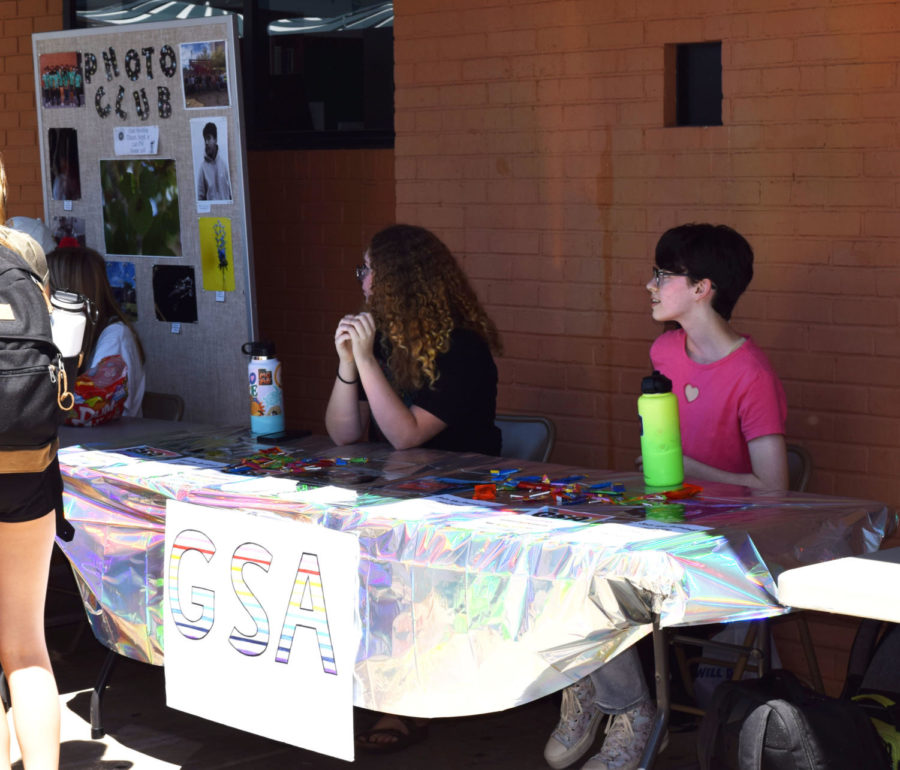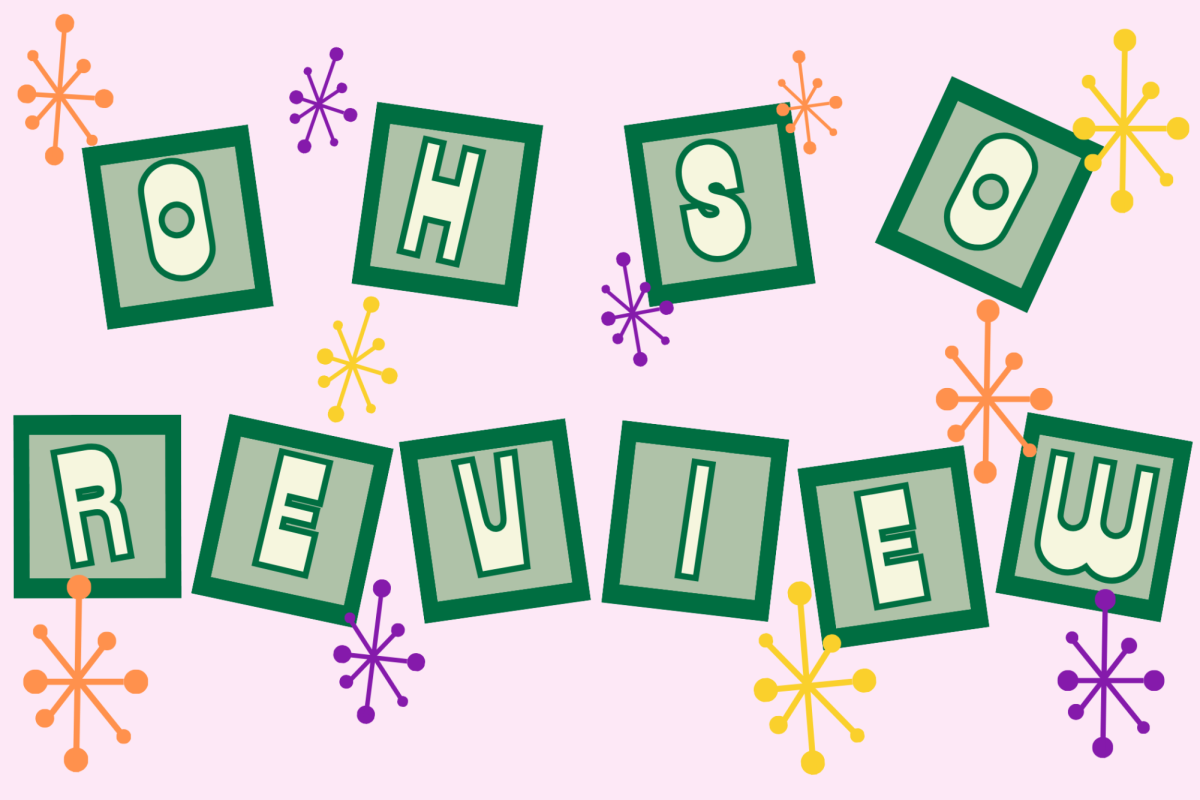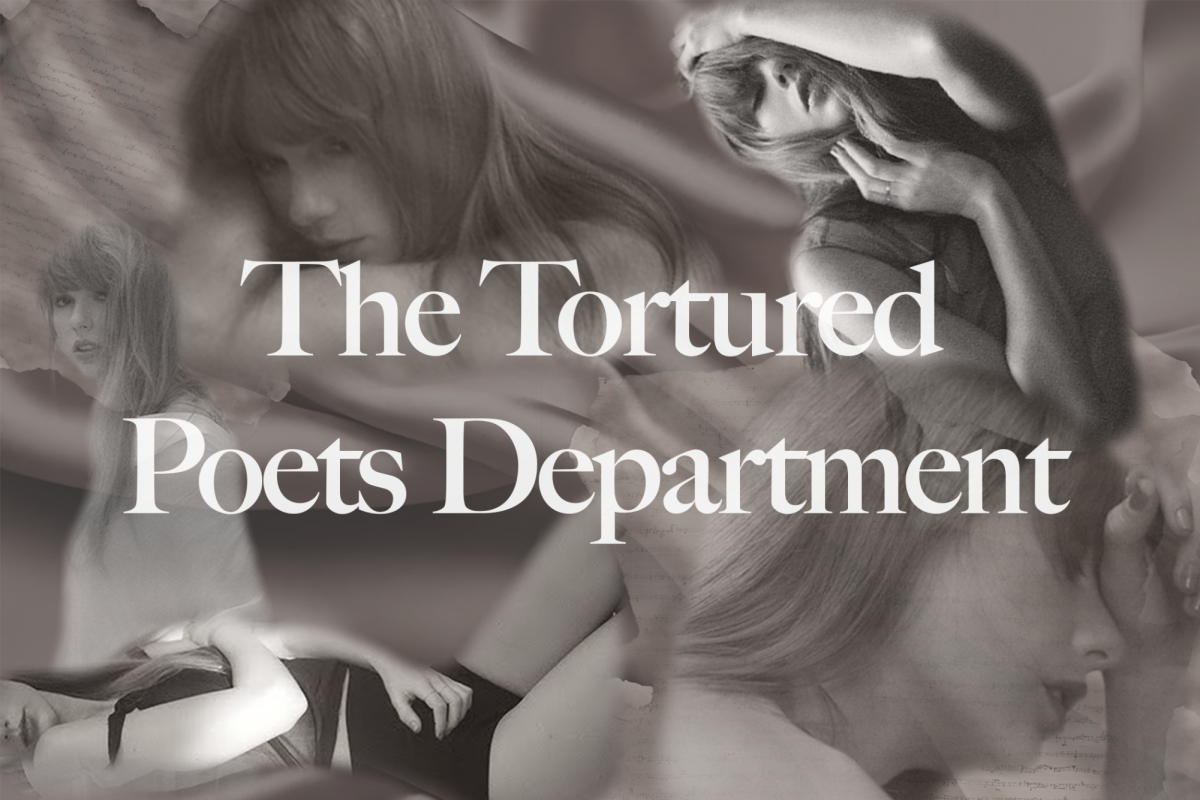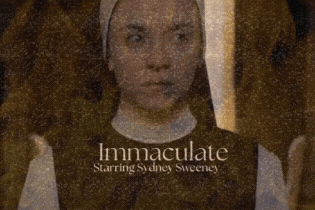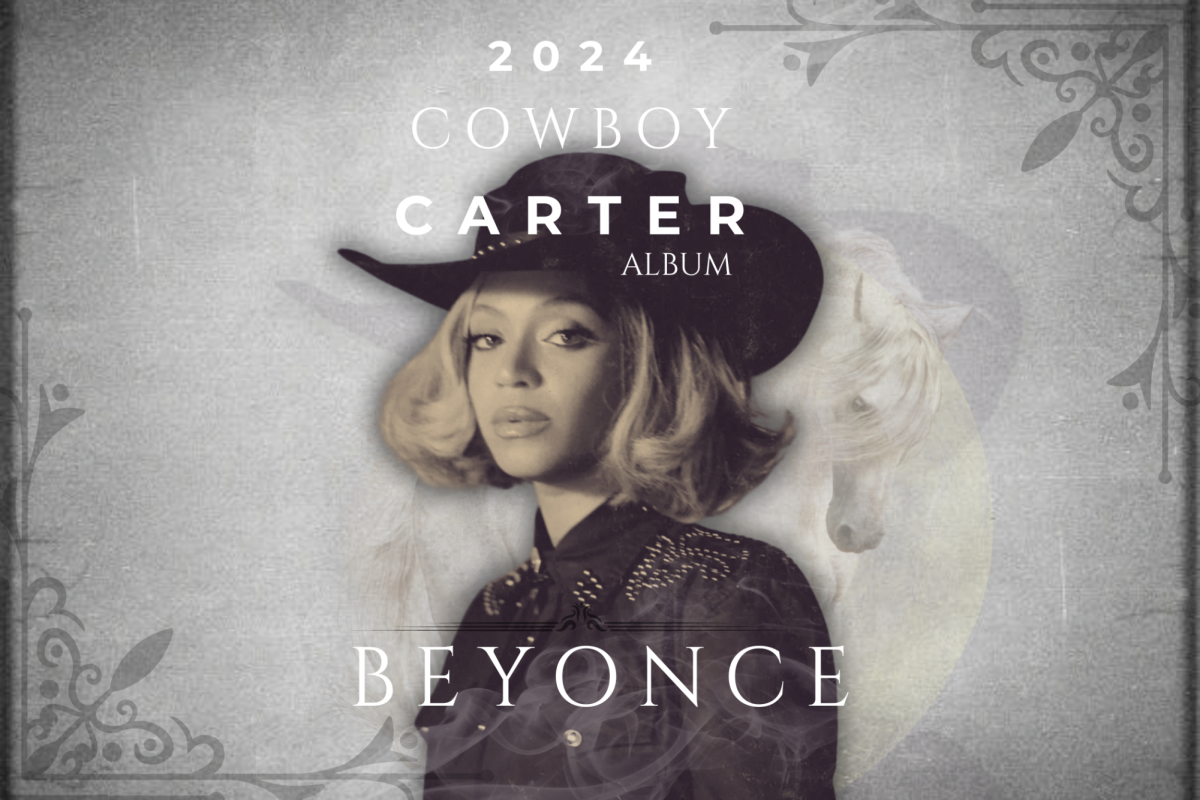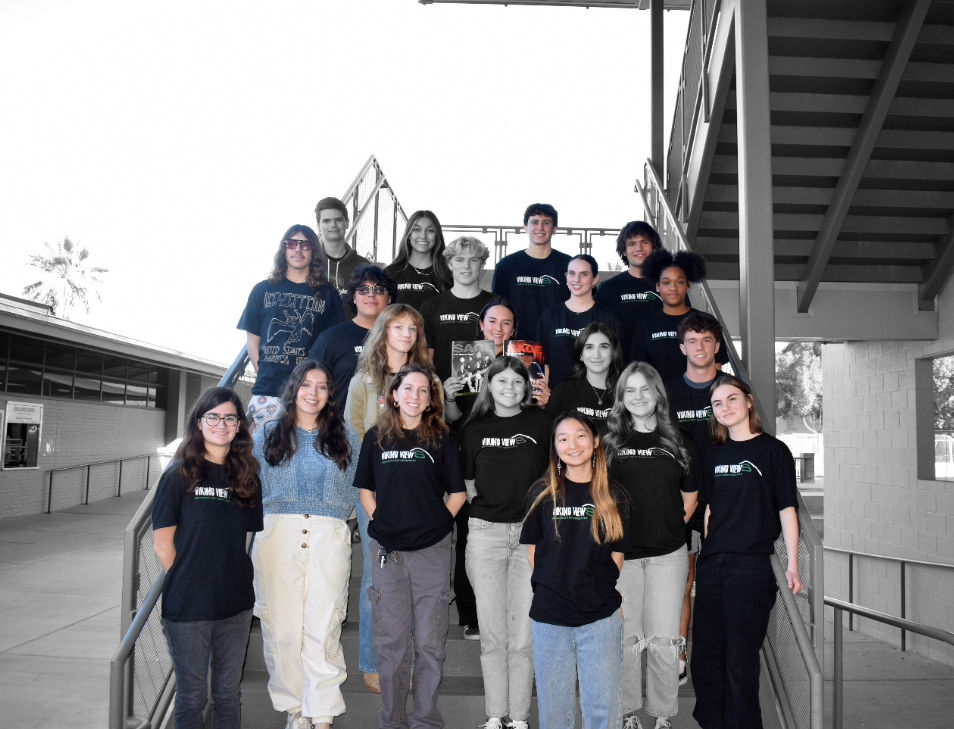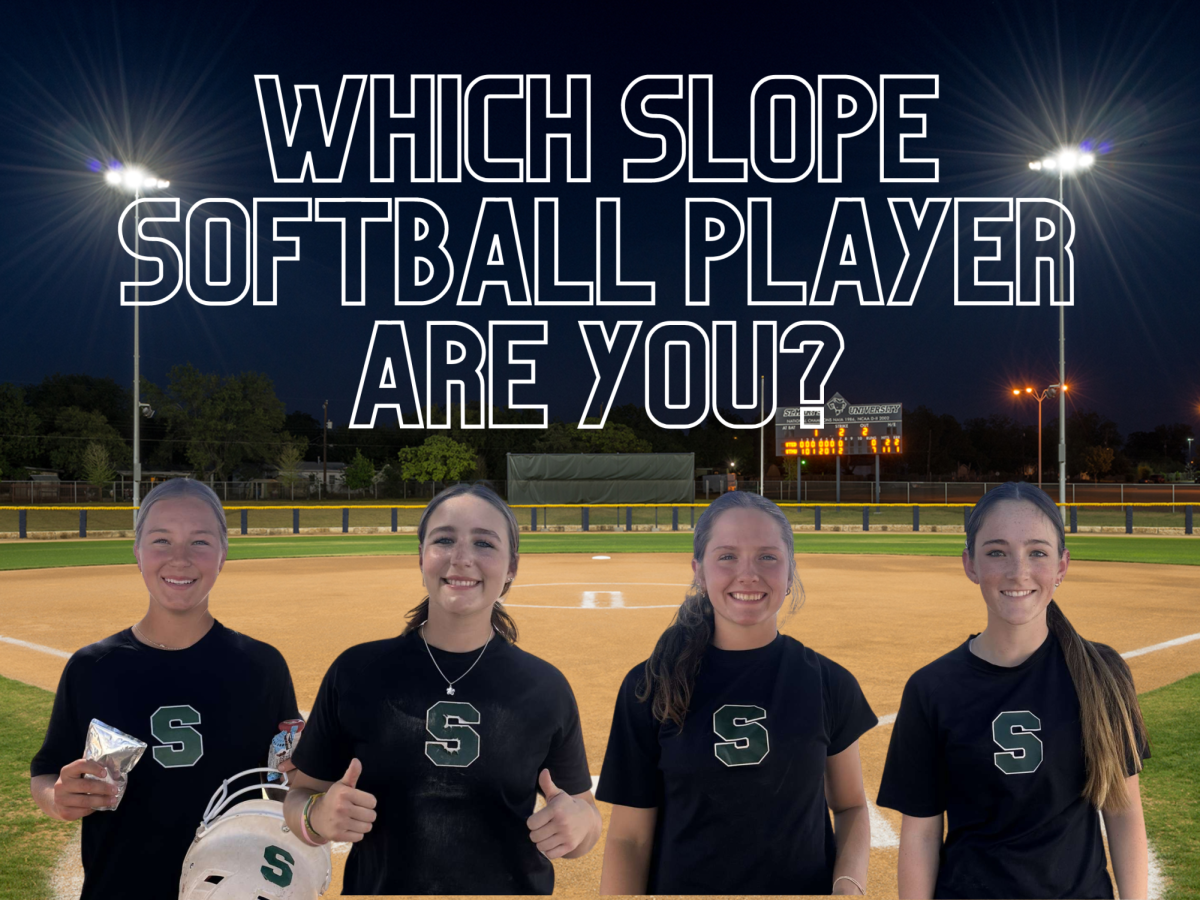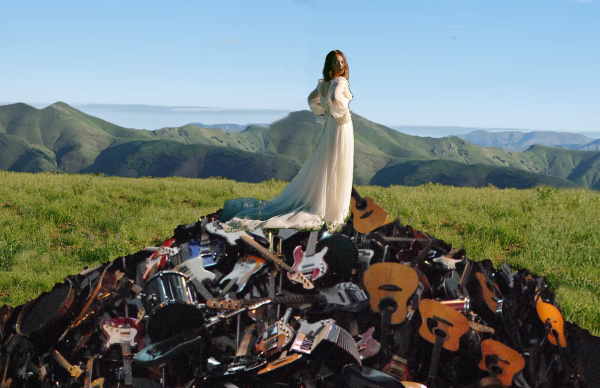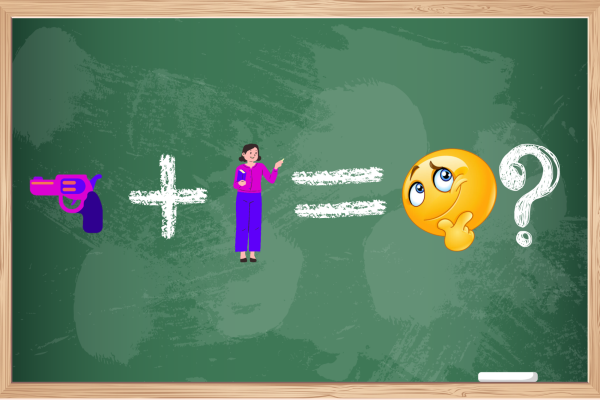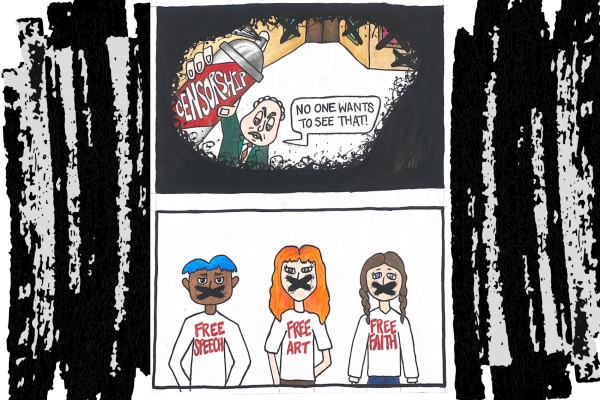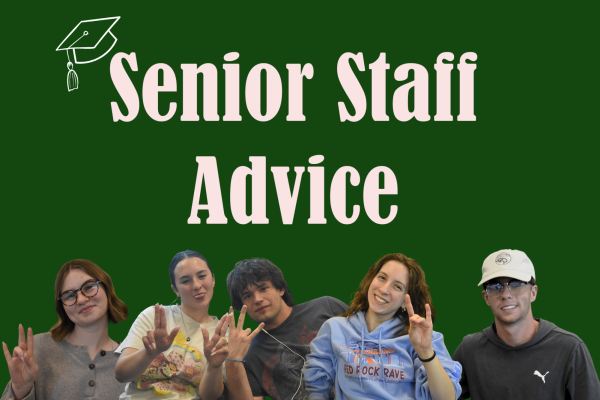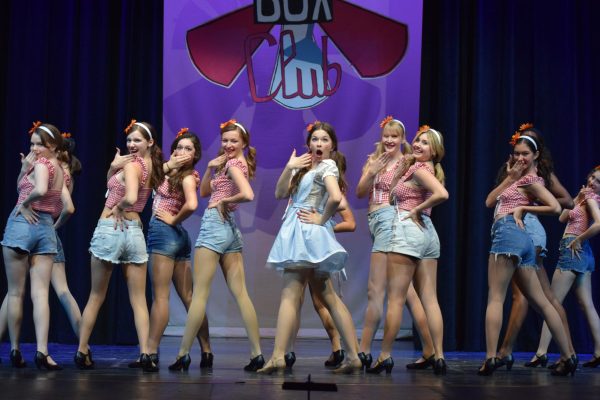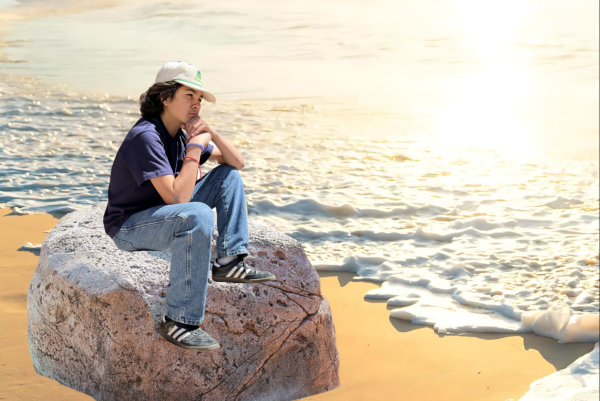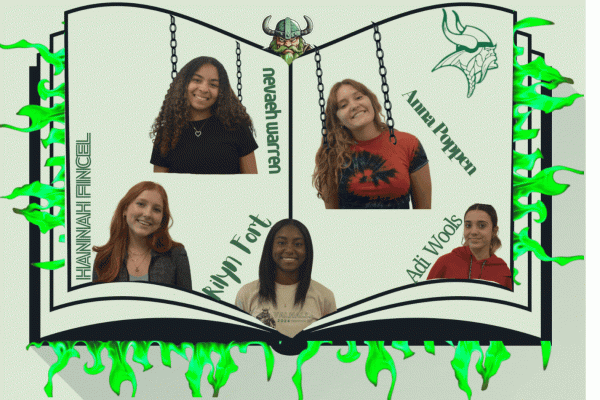Arizona Election Heats Up
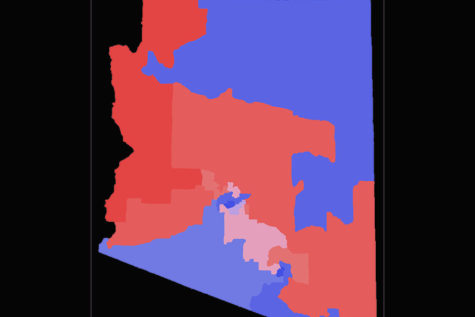
Scathing political ads playing on tv, buttons and stickers that read “I Voted!,” and red and blue signs posted on street corners often catch people’s attention, whether positively or negatively.
The hallmarks of election season are familiar to most, even without having interest in it.
Arizona’s upcoming election is especially unique from past ones, however.
“It’s important to vote in every election, but especially this one as we have some really important statewide and local offices up for grabs with very close results,” said Isabel Hiserodt, a staffer for the Kris Mayes campaign and Sunnyslope alumni.
The race for state governor is one such race drawing lots of attention.
Current governor Doug Ducey’s term is set to expire after serving eight years, and either current Secretary of State Katie Hobbs, a Democrat, or former news anchor Kari Lake, a Republican, will take his place this November.
Arizona State Representative Kelli Butler explained, “This is an opportunity in Arizona for people to really evaluate the policies that are truly impacting their lives directly and to hopefully elect some people who will work on the things that we care about.”
The recent overturning of Roe v. Wade, the Supreme Court decision that protected the right to abortions, is expected to have a large impact on the minds of voters.
“Roe’s overturn is going to mobilize a big group of voters who normally wouldn’t be engaged. I think that the urgency of the situation could be really beneficial for pro-choice, Democratic candidates,” said Hiserodt.
Arizonan candidates have widely contrasting opinions on reproductive rights; in particular, Hobbs has stated her position as strongly pro-choice, and Lake as anti-choice with minimal exceptions.
Butler asserted, “Reproductive health and a woman’s right to choose is a huge issue for people, especially for young people… it’s inspiring a lot of people to vote and to realize how their actual lives could be impacted by the people who are elected.”
Reproductive rights aren’t the only hot topics this election season, however.
Teacher Karin Cummings explained, “There’s an initiative regarding school funding. The economy… [and] immigration I think will drive turnout as well.”
The economy is sure to be an important issue for voters with inflation being the highest it’s been since the 1980s.
“The economy is always in the front of people’s minds when they’re voting and how they are feeling about their own personal finances, so I know that inflation is going to be an issue in this election,” Butler noted.
With so many polarizing issues on the ballot this year, it’s likely that political changes could be right around the corner.
Butler hopes that “if people turn out in big numbers, especially those independent and young people who… would like to see change, I think we will absolutely make progress towards better balanced governance in Arizona.”
Arizona’s status as a swing state may also be affected this November- though it’s uncertain which way the state could swing.
“I think that it’ll be a pretty even split among Democrats and Republicans. I anticipate Republicans to take the state legislature again, but I think the looming threat of abortion bans coupled with extremist candidates on the right will bring in some normally unexpected statewide wins for Democrats,” Hiserodt predicted.
Since the election could bring about an abundance of changes, many are stressing the importance of voting this year.
Cummings emphasized that “everybody’s vote counts, and sometimes people win by the smallest of margins. So [it’s] super important to get out and vote… If you want to see your candidate be successful, you have to make the effort.”
The process to register is fairly easy: anyone eligible can simply go to vote.gov and register before the deadline of October 11th.
“If they are 18 on or before November 8, they should register and they should vote. It’s very easy to do. And if they have a problem with it, they can come talk to me,” Cummings offered.
Many also encourage people to not only vote, but to vote in a way that is easy, accessible, and educated.
Butler advised, “It’s so much easier… to vote by mail. Then they have the time to look over their ballot and really do the research that they want to do.”
While looking at the ballot, “fill out your ballot from the bottom up. This ensures you’re paying attention to those super important down ballot races,” encouraged Hiserodt.
There are still ways for people not yet of voting age to influence change, however.
Hiserodt reminded students that “there are many ways to make your voice count… get your friends and family members registered, canvass for a candidate in your community, or join a local activist group.”
It’s important to contribute in any way possible this election season, so that the future of Arizona will be brighter than ever before.
Your donation will support the student journalists of Sunnyslope High School. Your contribution will allow us to host a digital presence and pay for the fees associated with the domain SHSVikingViews.com


